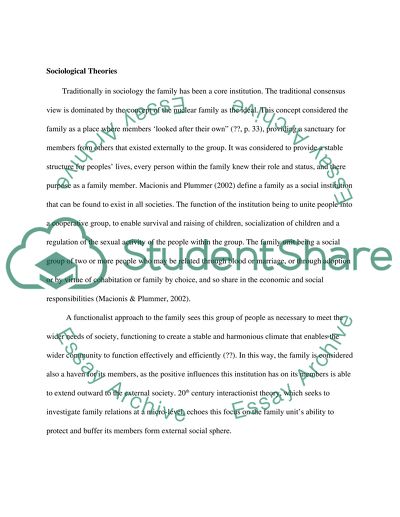Cite this document
(“The family a place of instability Essay Example | Topics and Well Written Essays - 1250 words”, n.d.)
Retrieved from https://studentshare.org/social-science/1528774-family-and-intimate-relationships
Retrieved from https://studentshare.org/social-science/1528774-family-and-intimate-relationships
(The Family a Place of Instability Essay Example | Topics and Well Written Essays - 1250 Words)
https://studentshare.org/social-science/1528774-family-and-intimate-relationships.
https://studentshare.org/social-science/1528774-family-and-intimate-relationships.
“The Family a Place of Instability Essay Example | Topics and Well Written Essays - 1250 Words”, n.d. https://studentshare.org/social-science/1528774-family-and-intimate-relationships.


